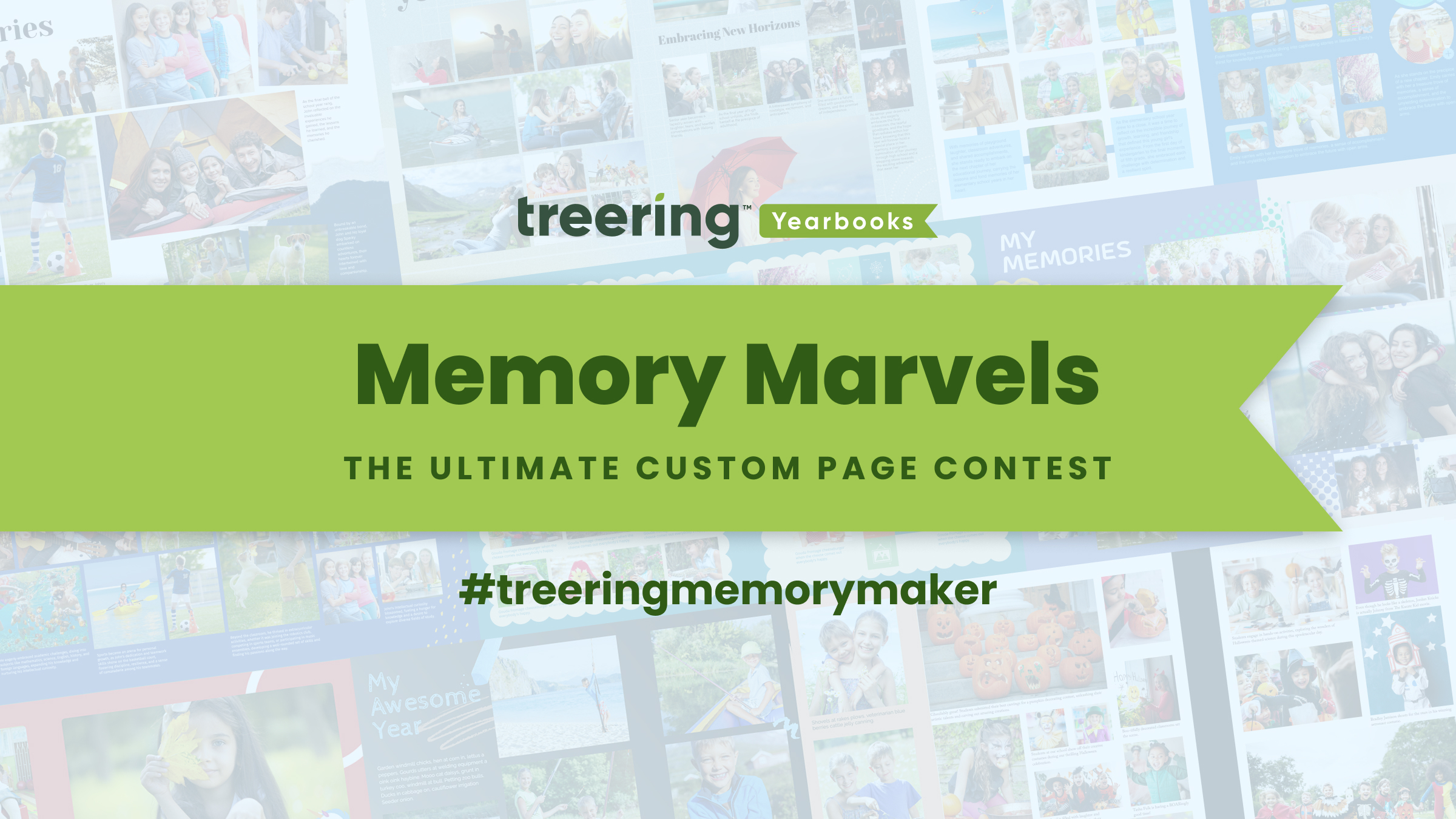Writing for your yearbook isn’t always easy. But when it comes to choosing the right words for your yearbook copy, simple is typically better than extravagant. Using simple, commonly used words does more than just make your content accessible to nearly everyone on your campus. It makes your work easier to digest, and more meaningful to the kids at your school. But if you’re struggling to convey the concept of simple communication to your committee, where should you start? Well, if you have two minutes, start by watching this TedEd video on the power of simple words, by Terin Izil. And after that, take a look at how we’ve applied this message to the yearbook world, and at our great tools to remind your team why simple words are often the best fit. With these refreshers and tips, you’ll be sure to create features that easily connect with your student body, and make your yearbook a hit!
Know Your Audience
In literature, we expect to read descriptive, eloquent text that makes us think–English class will have the large vocabulary words. But out in the “real world,” kids are inundated with new messages all day long. From the constant stream of updates on social media to the explosion of texting culture, the students at your school are connected no matter where they go. This means that every message coming out of your school–including the content on your yearbook pages–is in competition with the rest of the messages your students receive every hour, or even every minute, of the day. The simpler your copy, the quicker students can take it in, and the more likely they’ll connect with the copy you create.
Be Brief
As you work with your committee to create a yearbook that incorporates simple concepts, give them some pointers that help to drive their work towards the right word choices.
- Use fewer syllables: To keep your word choices easy for your students to understand at a glance, encourage your committee to use short words that only contain one or two syllables. The more they focus on these shorter word choices, the easier it becomes to write simply.
- Self-edit: Have your committee self-edit their work, and identify ways that they can make their content a little more accessible. This extends beyond just replacing long word selections, to simplifying the actual sentences and concepts on the page. They should read their articles aloud, and ask themselves things like: Can I pronounce these words? Do they paint a clear picture? Would I say this in an actual conversation?
- Send them edits: Encourage your editors to offer a round of edits back to each of your writers, solely focused on simplicity. Note where they can be more concise, and where they can select different words for a stronger impact. The more you send your edits back to your writers to correct their own work, the more they’ll learn to simplify their own content before you even see it. And that means less editing on future articles they produce.
Bigger Isn’t Always Better
When I was in high school, my AP History teacher taught us that in order to write well, we needed to expand our vocabulary to include lots of big words. Everyone in the class knew that if we worked some impressive, complicated words into our work, we were sure to get an A. But today, we know better. We’ve realized that complexity for the purpose of sounding intelligent doesn’t play well with a yearbook audience. We know that the more complicated your message, the harder it is to understand.
When you create a yearbook, your main goal is to reach and connect with as many students as possible, on their level. Shorter, more concise copy helps you grab their attention away from all the competing messages. So start working with your committee to help them understand how they can write simply, and what words will best engage your audience. From your marketing to the final pages of your book, it’s an essential concept that will help you find success with your publication this year!






